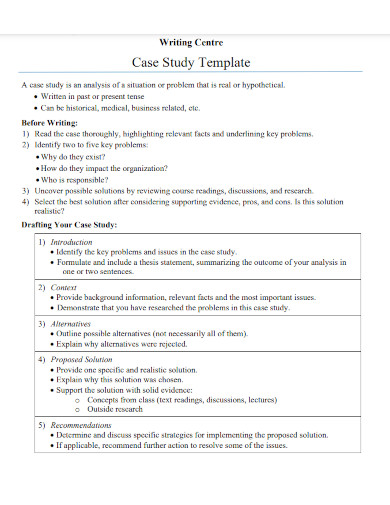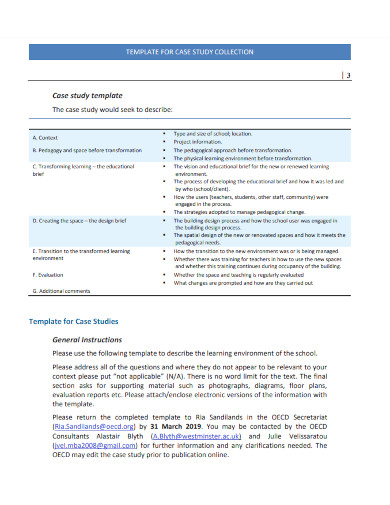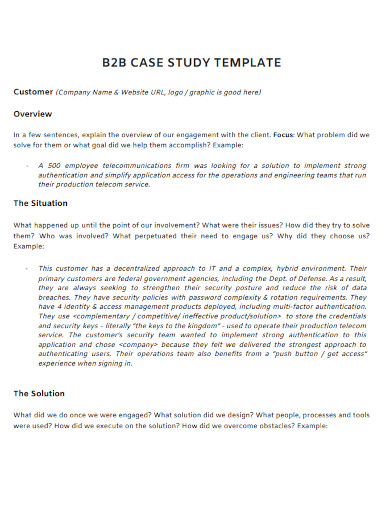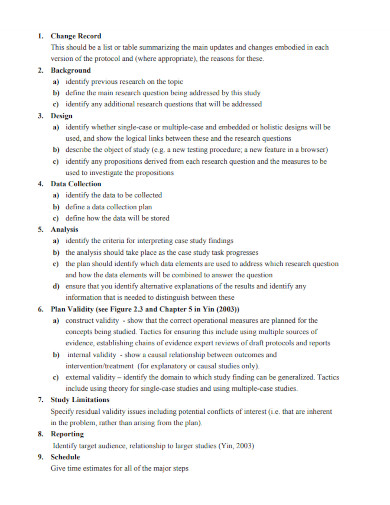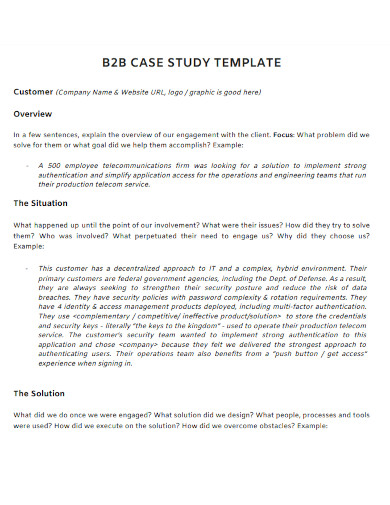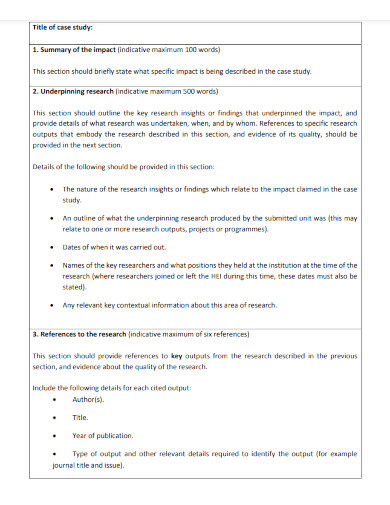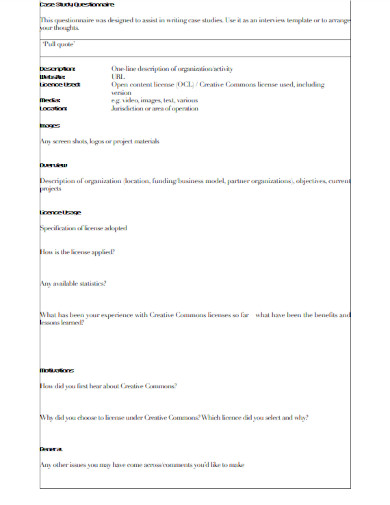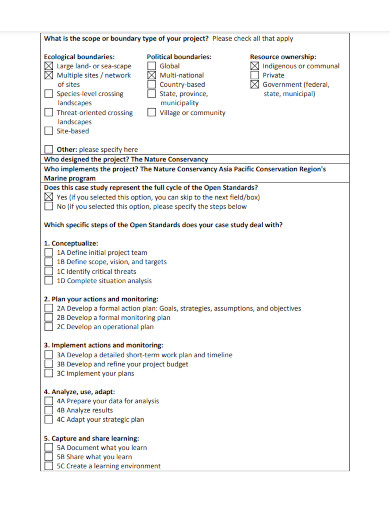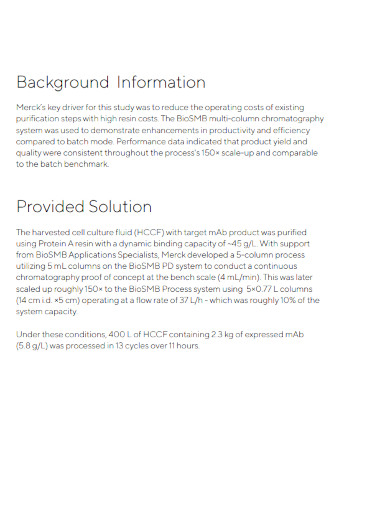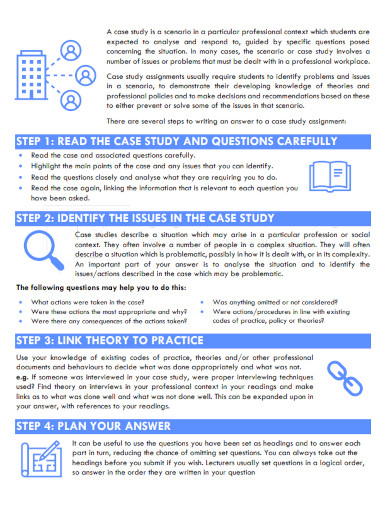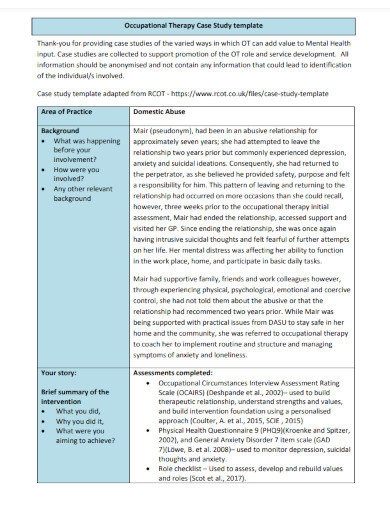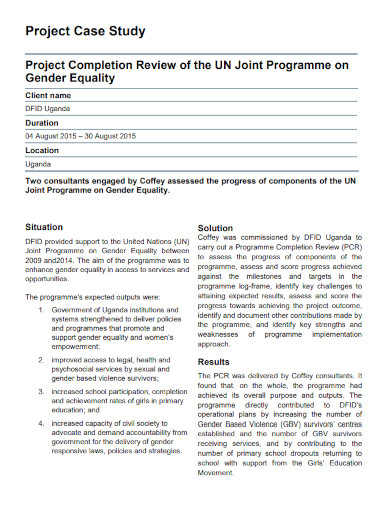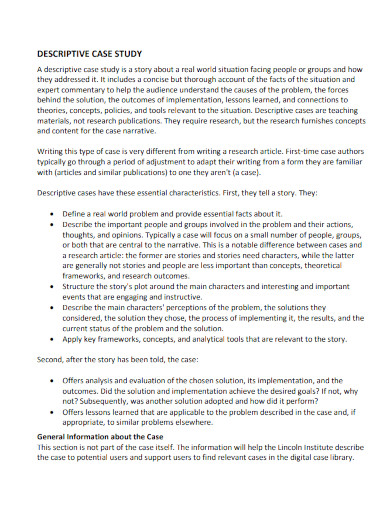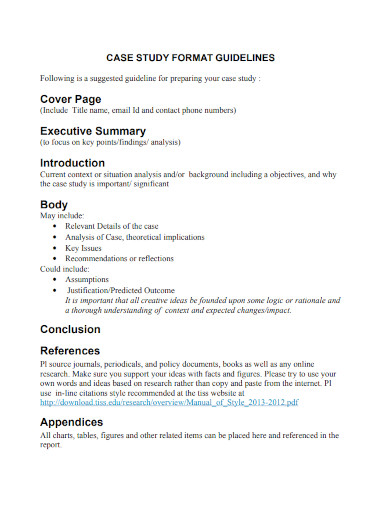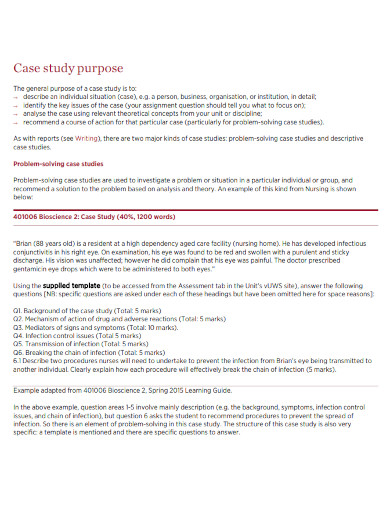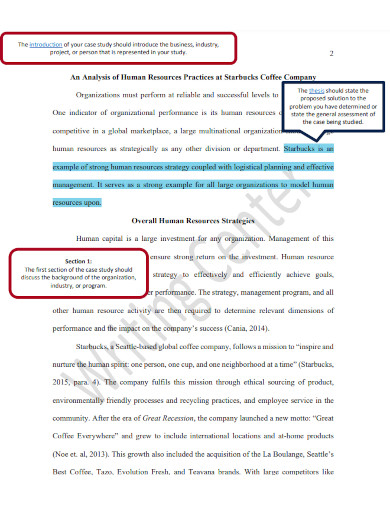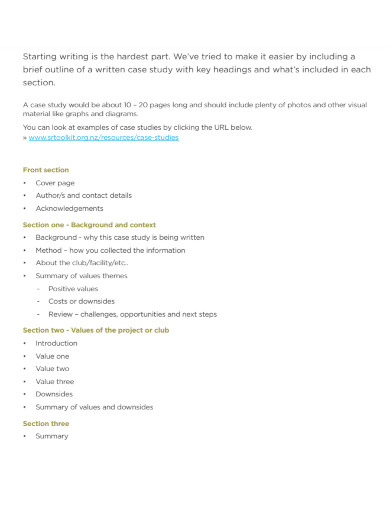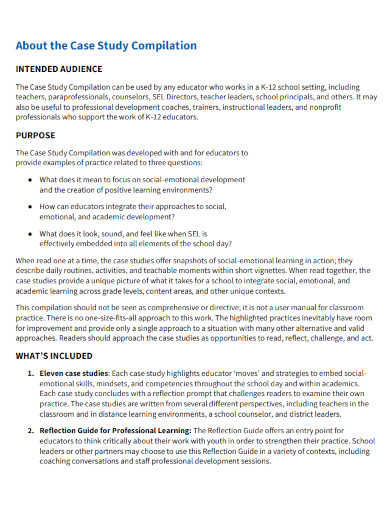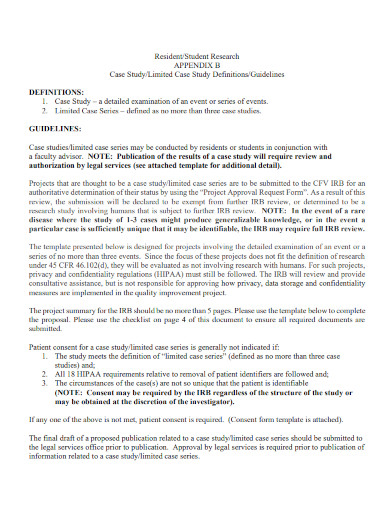24+ Case Study Examples to Download
Plenty of qualitative research requires genuine information from subjects going about their normal lives. This type of information is difficult to obtain through the scientific method. Case studies allow researchers to engage and investigate the subject in a way that generates genuine and reliable data.
1. Case Study Template
2. Case Study Collection
3. B2B Case Study Template
4. Case Study Protocol
5. Case Study Proposal Template
6. Impact Case Study Template
7. Minimum Process Case Study Template
8. Study Questionnaire
9. Culture Case Study Template
10. Open Standards Case Study
11. Customer Case Study Template
12. Customer Case Design Template
13. Case Study Guide
14. Occupational Therapy Case Study Template
15. Project Case Study Template
16. Descriptive Case Study
17. Case Study Report Format Guideline
18. Case Study Purpose
19. Sample Case Study Analysis
20. Customer Case Study Agreement
21. Case Study Release Form
22. Case Study Format
23. Case Study Compilation
24. Client Case Study Template
25. Student Research Case Study
What Is a Case Study?
A case study is a type of research methodology that deals with an in-depth look or investigation of specific subjects or groups of subjects and their daily experiences and lives. This type of methodology tries to minimize or eliminate biases and fallacies by obtaining genuine and observable data.
How to Write a Case Study Topic
A well-made case study will first require a comprehensive case study topic and a research design to accompany it. This topic will serve as the overall base and outline of the whole case study, which means that it must be both comprehensive and realistic.
1) Choose an Overall Subject of a Topic to Write About
Begin by selecting a topic or subject you would like to write and research about. Motivation and interest are key factors in the success of a case study, which means that it is in your best interest to select a topic you are interested in. This will also determine the main theme and tone of your case study.
2) Research Related Literature and Studies
After you have selected the overall subject or topic, you must then research any related literature and studies. Doing this research will allow you to choose a specific niche or gap in the current understanding of the subject you have chosen.
3) Select a Specified Sub-topic
When you have finished researching any related literature and studies, you must now select a specific sub-topic that was unaddressed in the related literature. This niche will solidify the great need and relevance of your chosen sub-topic.
4) Write Down Both Dependent and Independent Variables
Finalize your case study topic by identifying and writing down both the dependent and independent variables that your research will tackle. Ensure that both variables are in the realm of a qualitative research study.
FAQs
Why are case studies necessary?
Case studies are essential because they allow researchers to obtain personal and subjective information and data without room for any biases. This type of research generates key information that will allow the researcher to obtain codes that will better the overall understanding of the subject’s overall context and point of view.
Are case studies qualitative or quantitative research?
Case studies are considered a qualitative method of obtaining information and data from the research. Unlike quantitative data-gathering methods like surveys, case studies are more personal and focus on a few individuals’ experiences rather than hundreds or thousands of people.
What makes a good case study?
A good case study can succinctly explain the subject’s personal experience and use it to create a new correlation and cause-and-effect relationship between a specific phenomenon or concept. A good case study has a complete set of subjective data that has plenty of evidence and backing and will allow the reader to understand the overall context of the case study.
Case studies are a type of research methodology that involves the researcher conducting a deep investigative look at specific organizations, groups, or individuals in their natural settings. All of this means that a case study will try to take the subject’s personal experience and perspective into account in the most genuine way possible without interfering with the subject’s life.



